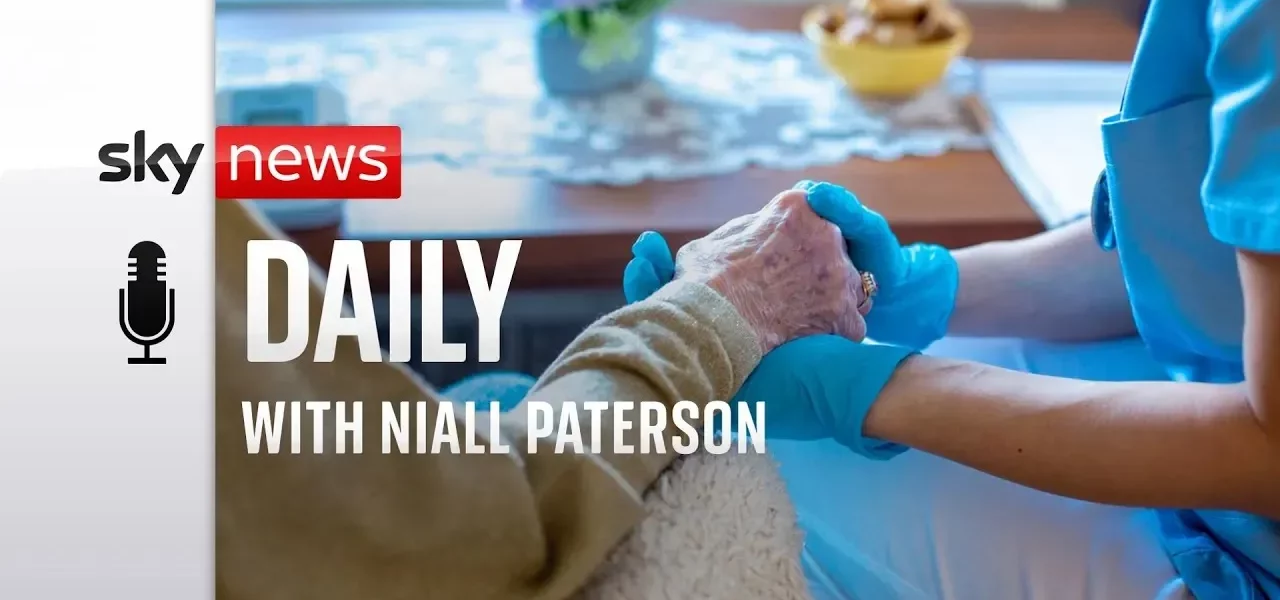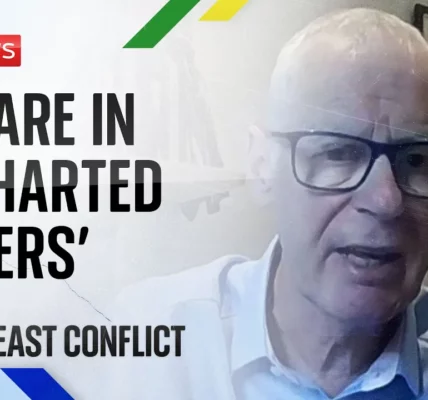The Reality of Dying: A Conversation with Dr. Rachel Clark

In this article, we delve into the complex and often uncomfortable topic of dying, exploring assisted dying, palliative care, and what constitutes a “good death.” Join us as we navigate this important conversation that is especially relevant in light of new legislation entering Parliament.
Introduction
Death is often considered the final frontier of human experience, yet it remains one of the great unmentionables in our society. Neil Patterson and Dr. Rachel Clark engage in a candid discussion about assisted dying, the realities that accompany the end of life, and the importance of palliative care. With a growing national conversation on these issues due to recent legislative developments, it is crucial to explore what death looks like today and how we can make it a less taboo topic.
The Legislative Landscape of Assisted Dying
As of now, there is an assisted dying Bill being discussed in Parliament, marking a significant shift in how society views the end of life. This section will outline key aspects of the bill and its implications.
Understanding Assisted Dying
Assisted dying refers to the practice where individuals nearing the end of their lives can choose to hasten their death with medical assistance. This process raises numerous ethical, moral, and legal questions, making it a contentious topic in the UK.
Implications of the Bill
- Increased national conversation around death
- Potential changes in palliative care funding
- Shifts in public opinion and societal attitudes towards dying
The Role of Palliative Care
Palliative care focuses on providing relief from the symptoms and stress of a serious illness. It is not solely about end-of-life care, but it plays an essential role in improving the quality of life for patients and their families.
What is Palliative Care?
This type of care is aimed at alleviating suffering, providing comfort, and ensuring dignity for patients in their final days. It involves a multidisciplinary approach, integrating the efforts of doctors, nurses, social workers, and therapists.
The Importance of Early Intervention
Early engagement with palliative care teams can significantly change the trajectory of a patient’s journey towards death. Key benefits include:
- Better pain management
- Improved emotional support for patients and families
- More personalized care plans
The Concept of a Good Death
What constitutes a “good death”? While this concept varies from person to person, several common themes emerge.
Characteristics of a Good Death
- Peaceful and pain-free
- Surrounded by loved ones
- In a familiar environment, if possible
- Having the opportunity to say goodbye
Real Life Examples
Dr. Rachel Clark shares poignant stories from her career that illustrate the possibility of achieving a good death, despite the circumstances. One such story involves a woman named Diane Finch, who found peace in nature and love in her final days.
Challenges in Discussing Death
Despite the inevitability of death, many people struggle to engage in discussions about it. This section explores why death remains a taboo topic in modern society.
Historical Context
In Victorian England, death was a familiar part of life, often occurring at home. Today, most people die in hospitals or care homes, removing the intimate connection with death from everyday life.
Psychological Barriers
Death is linked to existential fears, making it a difficult topic for many. Understanding the psychological aspects can help pave the way for more open conversations.
Conclusion
As society prepares to engage more deeply with the realities of dying, it is essential to foster open dialogues about assisted dying, palliative care, and what a good death looks like. Dr. Rachel Clark’s insights highlight the importance of compassionate care and the need for better funding and resources in palliative care. We encourage everyone to reflect on their own views about dying and to have these crucial conversations with loved ones.
If you or someone you know is struggling with issues surrounding end-of-life care, consider reaching out to organizations like the end-of-life charity, Marie Curie, for support.
“`




